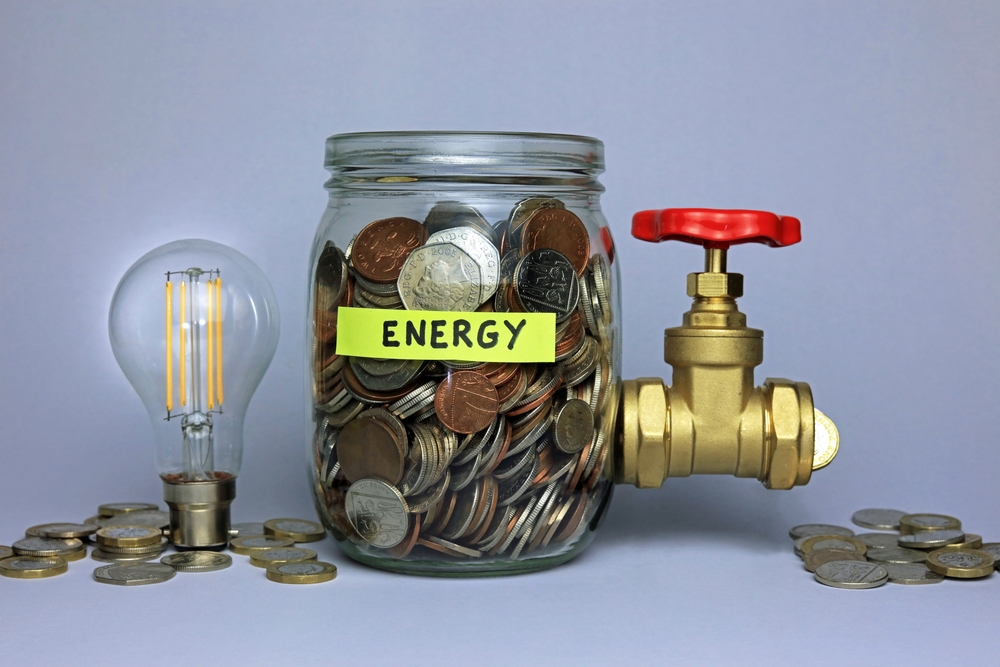Household Bills
Is now the time to fix your energy deal?

Fixed energy tariffs all but disappeared during the energy crisis. But now they are back with an increasing number of suppliers offering fixed deals – but is this kind of energy deal right for you?
Average annual energy bills are set to fall from 1 October when the energy price cap will go down from £2,074 to £1,923.
Most households are currently paying their energy supplier’s standard variable tariff to which the price cap is applied.
But a number of energy firms are now introducing fixed rates with some only offering these deals to existing customers and others making the deals available to anyone.
Natalie Mathie, energy expert at Uswitch.com, said: “The price of energy for households on standard variable tariffs will fall in October, however, rates are predicted to rise again in January, which is when households use the most energy heating their homes.
“Despite lower unit rates, households will face similar – or in some cases more expensive – energy bills to last winter. These frequent ups and downs are because the Ofgem price cap now changes every three months, rising or falling depending on market conditions.
“Only those on fixed tariffs have the certainty of knowing what they will pay for the full term of their deal, which is usually a year. During that time, customers on standard variable tariffs will see their bills change four times.”
The best fixed tariffs available
Uswitch has compiled a list of fixed and tracker tariffs available and looked at whether they come in above or below the energy price cap (click the table to expand):
As the table shows, only half a dozen of these tariffs have an estimated annual cost below the current energy price cap of £2,074.
Of these, only the following three deals are available to people switching supplier:
- So Energy So Juniper One Year – £2,047 a year
- Ovo 1 Year Fixed + Boiler Cover 04 July 2023 – £1,999 a year (but customers must also pay £15 to £32 a month for boiler cover)
- EDF Essentials 3Yr Sep26v2 – £2,073 a year
The majority of the deals on the table are only for 12 months – with only EDF offering a longer deal with the EDF Essentials 3Yr Sep26v2 tariff at £2,073 a year.
When comparing tariffs, remember that the price you are quoted to pay through direct debit each month is an estimate based on your predicted usage and may not end up being the actual cost over the whole year. Remember, if you use more energy, you’ll pay more.
Make sure you look at the unit price and standing charge so you can understand how much you will pay for your energy usage and how it differs from what you are currently charged.
Exit fees
Anyone fixing their energy deal now is taking a punt on energy prices not dropping further in the next 12 months (or 36 months if you opt for EDF’s three-year deal).
According to analysts at Cornwall Insight, the energy price cap is forecast to go up from £1,923 to £1,979 from January. But this is still below the annual figure quoted for most of the fixed rate deals currently on the market.
If the energy price cap falls next spring, those people who fixed their energy deals now will miss out – unless they want to pay a hefty exit fee to get out of their fixed rate. Most suppliers charge £75 for each fuel for an early exit, although British Gas charges £100 per fuel and EDF charges £200 per fuel on its three-year fix.
Mathie added: “A reasonably priced fixed deal could be a good option for households who want certainty over what they will pay. Fixed tariffs may be priced similar to or slightly higher than standard variable tariffs, however you have the peace of mind that the rates will not change for 12 months.
“As the energy market remains volatile, it can be difficult to predict whether opting for a fixed deal or sticking with a standard variable tariff will save you money in the long run.”
